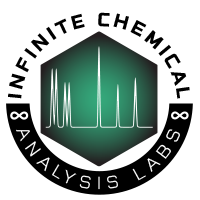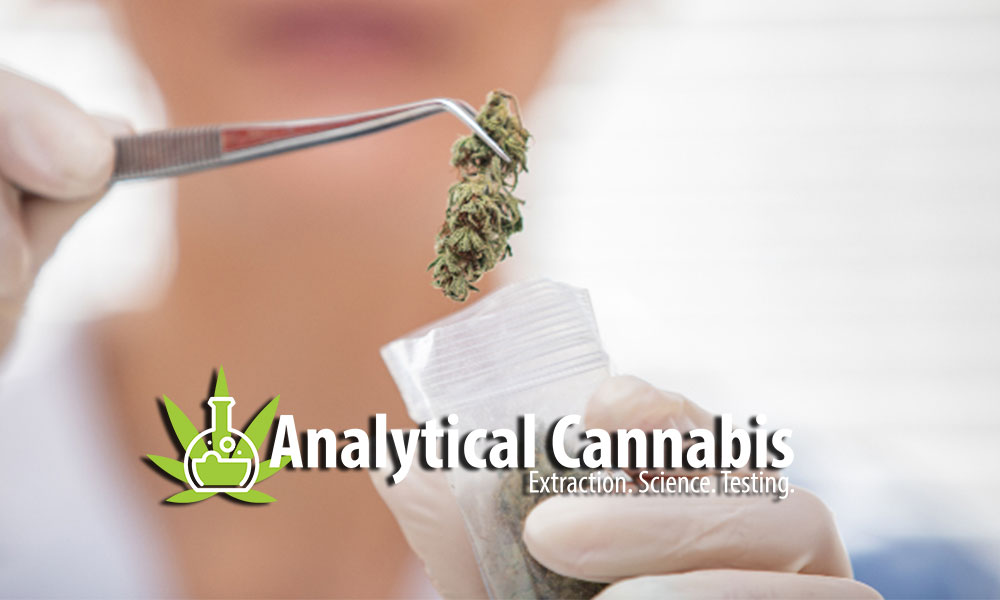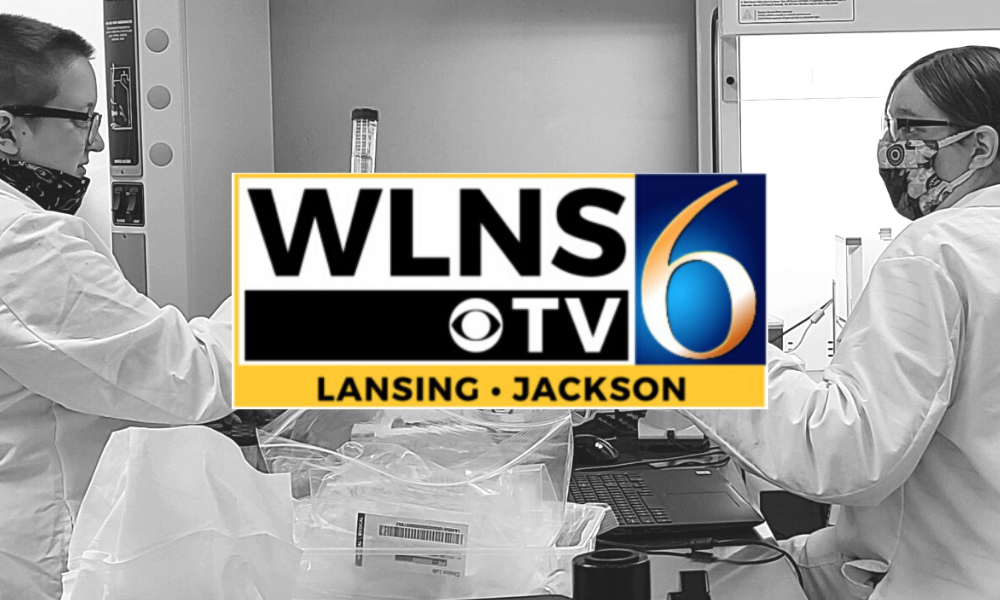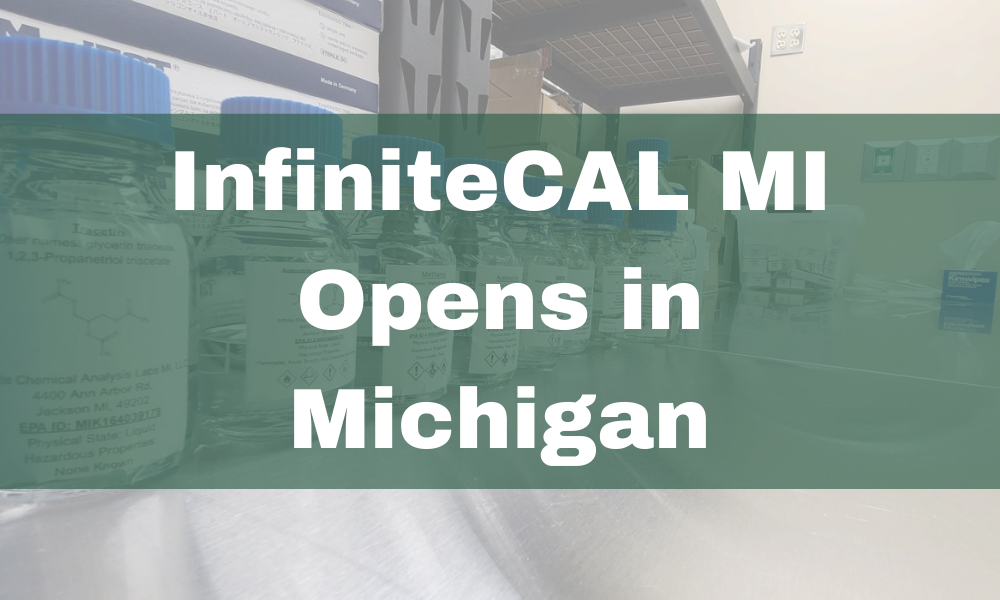Michigan’s legal cannabis market is continuing to thrive and grow.Just more than a year after recreational cannabis sales began in Michigan, the state’s legal cannabis market has grown by leaps and bounds and shows no signs of slowing down any time soon. In December, Michigan showed the highest growth in sales of any legal cannabis market in the U.S., posting a 146% gain in gross merchandise value over the previous year, according to data from wholesale cannabis marketplace LeafLink.Jeff Radway, the CEO of premium cannabis purveyor Skymint, says that Michigan’s recreational cannabis market has developed “at the speed of light” since legalization.
“It’s been a fascinating challenge to keep pace with. In December of 2019, Michigan became the tenth state in the U.S. to legalize adult-use cannabis,” Radway wrote in an email to High Times. “Less than a year in, it surpassed Nevada to become the fifth highest-grossing state for cannabis sales and is now on track to surpass $1 billion in sales in 2021. In addition to its fast-growing new recreational market, Michigan’s medical market is ranked #2 in the country, second only to California.”
Medical Marijuana Leads The Way
Michigan’s success is due largely to its existing infrastructure for medical marijuana, which was legalized in 2008. With a well established medical marijuana program in the state prior to recreational legalization, Michigan already had a large customer base that was ready to see the market grow. But David Egerton, laboratory director at Infinite Chemical Analysis Labs, said that some of the credit for Michigan’s success should also go to state regulators. He said that officials with Michigan’s Marijuana Regulatory Agency (MRA) have been much more open to feedback from businesses in the industry than their counterparts in California, where his company began its foray into licensed cannabis laboratory testing.
So far, “the MRA has made more than 40 changes to the initial set of regulations to prioritize public health and safety, update testing regulations, and make it easier for companies to operate and develop new products.”
“Companies within the state are doing their best to adapt to new regulations, and it’s been a breath of fresh air to have the MRA listen and act upon the feedback that licensed operators provide,” Egerton said in a virtual interview.
Pivoting To The Adult-Use Market
While by some measures the legalization of recreational pot has been a resounding success, Egerton notes that the medical marijuana operators that pioneered regulated cannabis in Michigan haven’t fared as well.
“The transition to the adult-use market has up-rooted the small-scale, caregiver focused supply chain in an analogous manner to California in 2016 to 2017, and the ripple effect is still being felt across the industry,” he said. “While some of the caregivers were able to shift to the licensed marketplace, many others have dropped out as multi-state operators have moved in to compete.”
One of the medical providers navigating the path to the regulated adult-use market is Ghostbudster Farms, an operation with six years experience in Michigan’s medical market. Part-owner Chris Michael says that the transition has been a difficult one, particularly because of steep financial requirements.
“You have to show $500,000 in liquid assets for just a cultivation license,” Michael said in a telephone interview, referring to a Class C license which allows up to 1,500 plants.
“If you wanted a processing license, you had to show another $500,000,” and so on. “You’re looking at millions of dollars in just showing in assets and liquid before you can actually even get approved.”
“It wasn’t steered toward the grassroots movement,” Michael added. “This is where it came from and these are the people that originally started this movement. And they started this and it just spiraled out and turned completely corporate.”
Michael says that Michigan has seen an influx of capital from out of state funding operations that he believes see profit as the prime motivator.
“I’m out here doing it for the love of cannabis and the properties of this plant and what it can actually do,” he said. “There’s a lot of people that are here just for the money grab. It’s like that in every industry, but this one specifically a lot more.”
The Future Looks Bright
That isn’t the case with Skymint, which is 85% self-funded. Radway said that he is proud to have built his company from the ground up in his home state of Michigan. He’s optimistic about the future of the state’s regulated cannabis market, and said that companies with a strong brand strategy are likely to continue to grow as Michigan’s cannabis industry sees more players enter the market this year and beyond.
“The dramatic rise in 2020 retail cannabis sales reflects a shift Michigan consumers are making from the illicit market to the regulated marketplace,” he said. “As our legal market continues to mature and evolve, Michigan consumer habits are going to as well, and this is where top-notch branding, customer service, and consumer loyalty programs will prove critical in 2021.”






